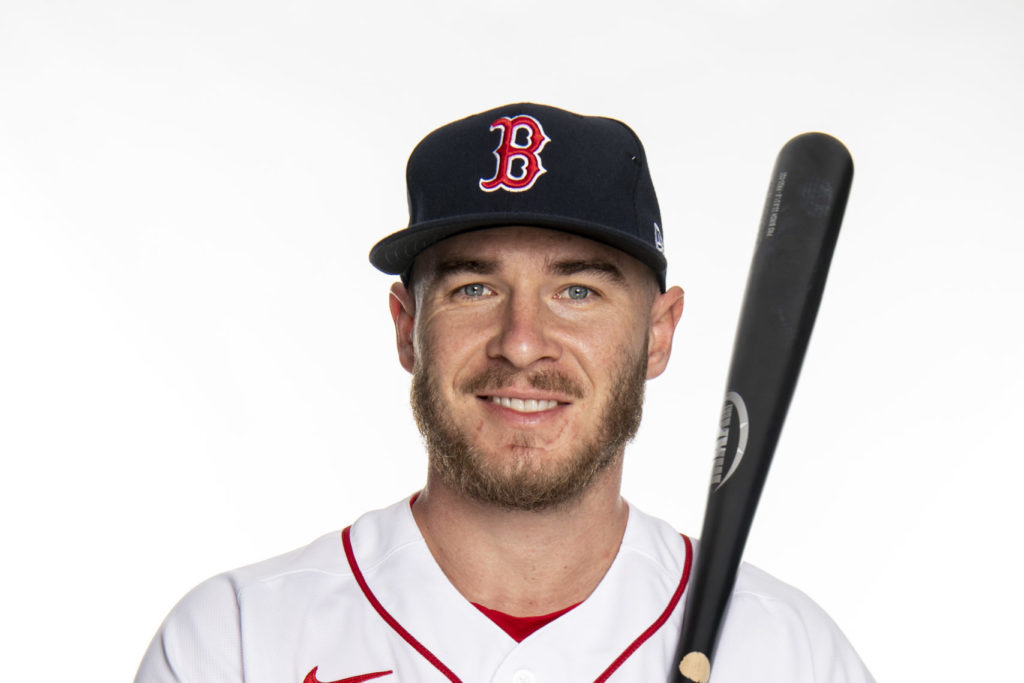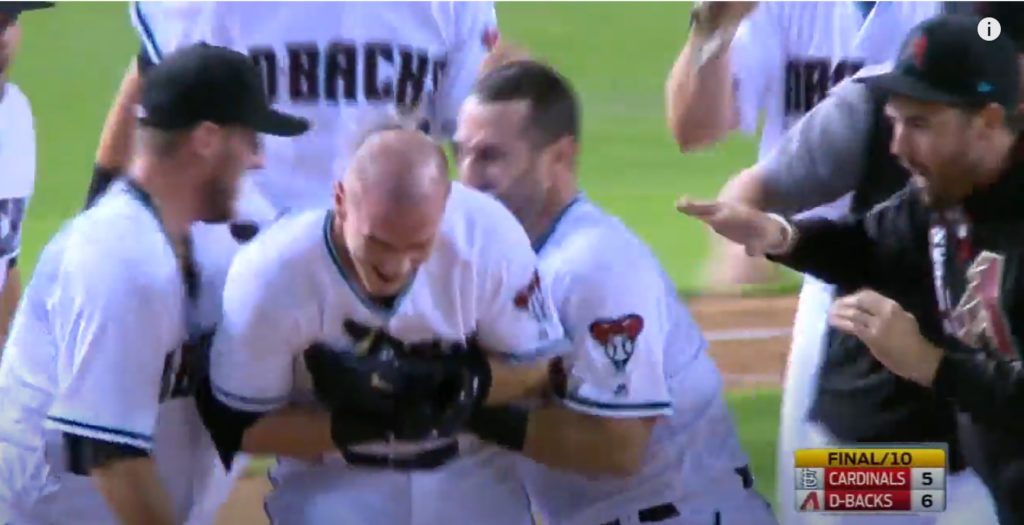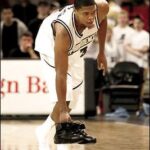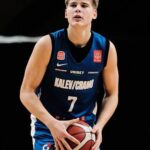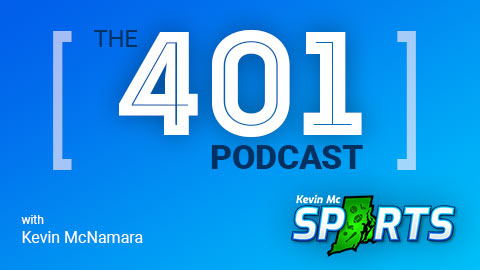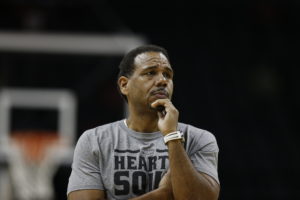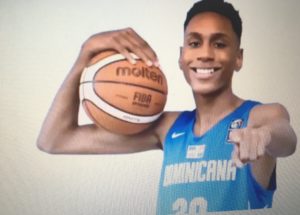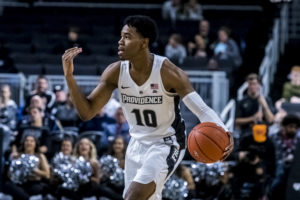You may never have heard of Red Sox wannabe Chris Herrmann — neither had I until last Friday — but he’s shown a flair for the dramatic in an otherwise undistinguished major-league career. (Photo courtesy of Boston Red Sox)
By ART MARTONE
Watching exhibition baseball on TV is an acquired taste, I know. But I love it. It’s baseball. It’s spring. (There, if not here.) If your team does well, you can delude yourself into thinking it’s a harbinger of great things ahead. If not, who cares? It’s only practice. Pressure-free entertainment after a long, hard winter.
But that’s not all of it. What also pulls me to these broadcasts are the players that, save for a minor-league franchise in your area (don’t get me started on that), you’re not going to see again until next spring. Or maybe ever.
I’m not talking about Jarren Duran or Jeter Downs or Triston Casas and others whose arrival in the big leagues is probably only a matter of time. I mean the guys on the edges, the ones trying to hang on or get back or finally break through. Every one of them started with a dream, and I’m positive not a one of them envisioned that dream devolving into a series of one-year minor-league contracts with spring-training invites.
You see those guys quite a bit in the late innings of exhibition games. Guys who’ve been in the organization forever and never quite made it. Or guys who’ve bounced from team to team to team and who’ve landed in Boston on their latest bounce.
Guys like this:
Movie director Ron Shelton was once of those guys; he was an infielder in the Orioles’ system from 1967-71. From those experiences came Bull Durham, a cinematic classic whose hero, Crash Davis, “loved something more than it loved him”. (Shelton’s words.) That something was baseball.
I thought of Shelton, and Crash, and that quote last Friday after this man came to the plate for the Red Sox:
The Herminator. Chris Herrman. And the announcer had it wrong; that was his second walkoff, not his first.
There would be more.
Who’s Chris Herrman, you ask? Good question. He hit an eighth-inning home run Friday, the crowning blow of the Red Sox’ 11-7 win over the Rays. My friend Pete Abraham didn’t think he exactly crushed it:
Routine fly call got caught up in the wind and Chris Herrmann has a two-run homer and the Sox an 11-7 lead.
— Pete Abraham (@PeteAbe) March 19, 2021
5 homers at JBP today.
MLB.com might have agreed with Pete. Of those five home runs, four of them were put into their highlights clips package. The one that didn’t make it? Take a guess.
Some Sox fans were excited, though, even if they didn’t quite know who they were getting excited about:
CHRIS HERRMANN BOMB (I THINK I SPELLED THAT RIGHT)
— ¹¹ (@deverstroll) March 19, 2021
But, really, the main question seemed to be:
who tf is chris herrmann
— the poltergeist at fenway park (@jdmartinezstan) March 19, 2021
I was one of the ones asking that question. Although maybe I shouldn’t have been. After all, it’s not like he hadn’t left his mark around the major leagues:
In my final professional stop I was managing editor of the Web site at NBC Sports Boston. We are best known as the local TV home of the Celtics, but we covered all the Boston professional teams thoroughly (Revs included) and it took a lot of time and attention. As big a baseball follower as I am, some things that didn’t have a direct affect on local sports — like an up-and-down backup catcher/outfielder for the Twins, Diamondbacks, Mariners and A’s from 2012-19 — got past me.
That’s who Chris Herrmann is. His time in the big leagues coincided almost exactly with my time in Boston. (Actually, we were located in Burlington; they’ve moved their base of operations to Needham since I left.) He was with teams that didn’t often play the Red Sox and sometimes he wasn’t on the roster when they did. His eight-year career slash line is .205/.282/.344. The most playing time he ever saw in a single season was 106 games and 256 plate appearances for Arizona in 2017; he hit .181. (Though that year was unforgettable for Herrmann, his wife Shelby and the Diamondback teammates who supported them for a far more important reason.)
He’s now 33 and the Red Sox are actually his eighth major-league organization; he also spent time with the Astros, Rays and Giants without ever appearing in a major-league game for any of them. (If you’re making a Tampa Bay connection between Herrmann and Chaim Bloom, don’t. Herrmann’s time with the Rays spanned January to July 2020, after Chaim was here.)
With Christian Vazquez and Kevin Plawecki in place, there’s no roster spot for Herrmann (or Jett Bandy, another backup catcher with big-league experience) barring injury or something even more unforeseen. Over the Monster’s Matt Collins summed it up rather well:
Both Bandy and Herrmann have experience at the highest level, but it’s been a few years since either was a usable option in the majors. Unless you have prospects knocking on the door, it’s hard for any team to feel good about their third catcher situation, but the Red Sox in particular seem light here. They’ll need at least a couple months of health from their catchers before the prospects could be ready to come on up.
Well. Okay then.
But every player has a story. We overlook, or don’t even bother seeking out, the stories of marginal, end-of-the-roster players. It so happens that Chris Herrmann’s story is this:
He’s a master at walkoff hits.
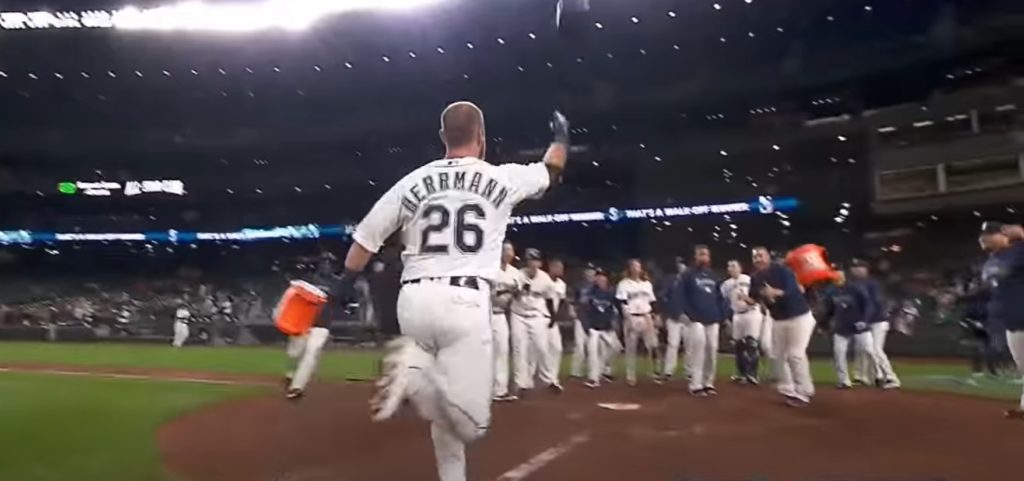
Of Chris Herrmann’s 182 big-league hits, four are walkoffs. That’s .02%, which may not seem like much. But, you know, when it comes to walkoffs I’m sure you remember the man below. If you don’t, settle in to watch 17 minutes of game-enders from David Ortiz:
David Ortiz had 20 walkoff hits in his career, including the postseason. He had 2,560 hits all told, regular-season and playoffs, so those 20 walkoffs represented 0.007% of his overall hits.
Compared to Herrmann’s 0.2%.
Which is not, I stress, to say that Chris Herrmann is a better clutch hitter than David Ortiz. Don’t make that leap. But one of the (many) reasons Big Papi is a legend in Boston is because of his propensity for dramatic, game-ending hits. And it turns out that walkoff hits are something Chris Herrmann, who very few of us were familiar with prior to this spring, is also pretty good at.
Who knew?
Doesn’t mean Herrmann deserves to stick with the Red Sox out of camp; he won’t unless either Vazquez or Plawecki goes down in the next 10 days, Doesn’t mean he’ll make it to Boston at any point this summer; as Matt Collins inferred, the Sox are far more likely to turn to a prospect — Connor Wong, I’d guess — if they need a long-term replacement. Doesn’t mean, in fact, that he’ll ever play another major-league game; he hasn’t played in one since 2019 and the odds get longer as he gets older.
It’s just that this is an interesting — nay, fascinating (to me, anyway) — piece of information that baseball will sometimes surprise you with. A reminder that players we tend to think of as faceless and nameless and interchangeable do, in fact, have faces. And names. And stories unique to them and them alone.
It’s why I love watching exhibition games.
Art Martone wrote a Red Sox-based Internet baseball column for projo.com, for which he was named Best Sports Columnist by Boston Magazine in 1998. He also wrote about baseball for the Providence Journal and has had Red Sox material published in several baseball-only publications. He worked at the Journal from 1974 to 2009 and was Sports Editor from 2000 until leaving in 2009 to become Managing Editor of NBC Sports Boston’s Web site. He remained there until his retirement in 2019.

